If your boiler stops working or makes strange noises, it’s more than an inconvenience – it can be a safety risk. Regular checks and timely service protect you from leaks, carbon‑monoxide, and costly breakdowns. Below are the basics you can do yourself and the signs that tell you it’s time to call an expert.
Even if you’re handy, a boiler is a high‑pressure, gas‑powered system. Call a qualified Gas Safe engineer if you notice any of these red flags: low water pressure (below 1 bar), a persistent “hissing” sound, visible rust on pipes, or a strong smell of gas. Also, if the thermostat isn’t responding or the radiators stay cold after a full heating cycle, don’t guess – let a pro diagnose the issue.
Professional service isn’t just for emergencies. A yearly boiler service catches hidden faults before they become dangerous. In 2025 the average cost is around £80‑£120, but skipping it can lead to expensive repairs or a full replacement, which easily tops £2,000. Think of the service as insurance for your heating.
There are a few quick checks you can do without opening the boiler. First, look at the pressure gauge on the boiler’s front panel. It should sit between 1 and 1.5 bar when the system is cold. If it’s low, you can top it up using the filling loop – just follow the manufacturer’s guide or watch a short video from a trusted source.
Second, test your carbon‑monoxide (CO) detector every month. A working detector is the best warning if your boiler is leaking CO, a silent killer. If the alarm beeps, ventilate the house immediately and call a professional.
Third, bleed radiators that feel cool at the top. A trapped air bubble reduces heat output and can cause the boiler to work harder, increasing wear. Use a radiator key, turn the valve slowly, and catch any water in a cloth.
Finally, keep the area around the boiler clear. Dust and clutter can block ventilation, raising the risk of overheating. A clean, well‑ventilated space helps the boiler run efficiently and reduces fire hazards.
Remember, safety isn’t just about fixing a breakdown; it’s about preventing one. Schedule a service before the heating season, check the pressure and CO detector regularly, and don’t ignore strange noises or smells. With these habits, you’ll keep your boiler humming, your home warm, and your family safe.
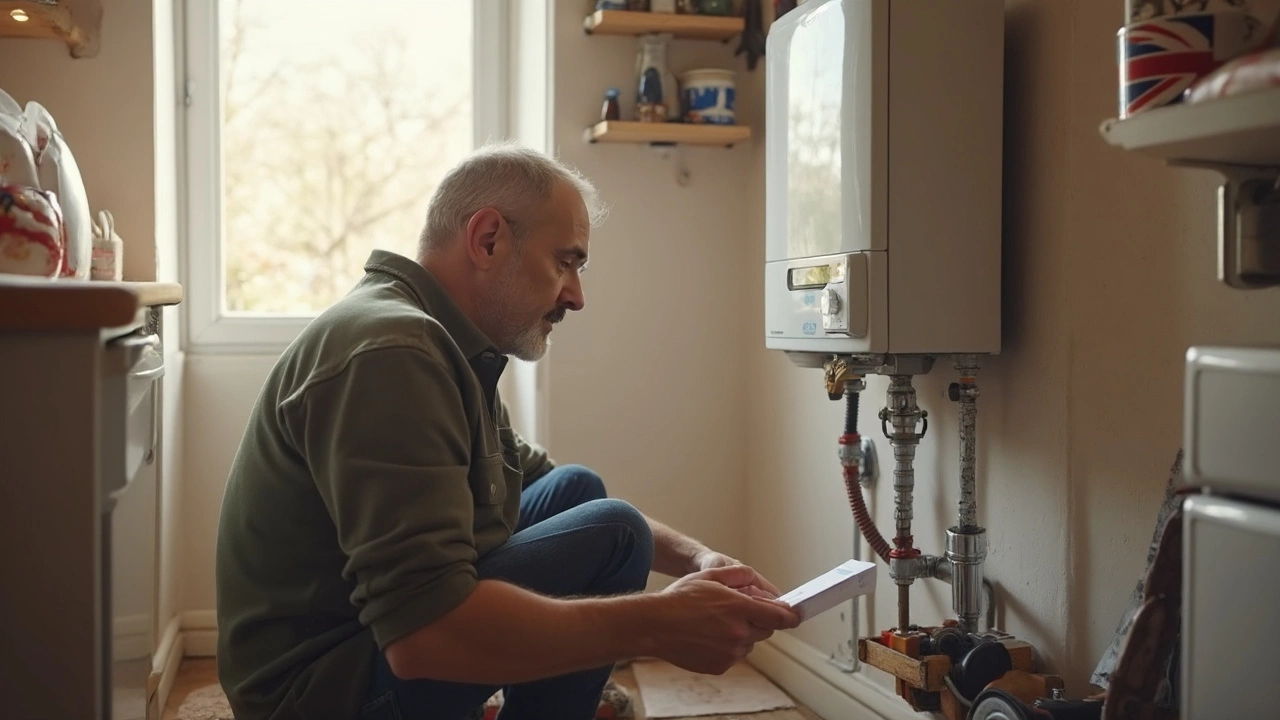
Thinking about handling your own boiler service? Get the truth about what you can and can’t do, why safety matters, and which tasks are okay for homeowners. This article covers legal restrictions, common mistakes to avoid, and practical tips for everyday boiler care. Learn how to spot problems early and when it's really time to call a pro. Save yourself headaches, money, and maybe even a major disaster by knowing the facts.
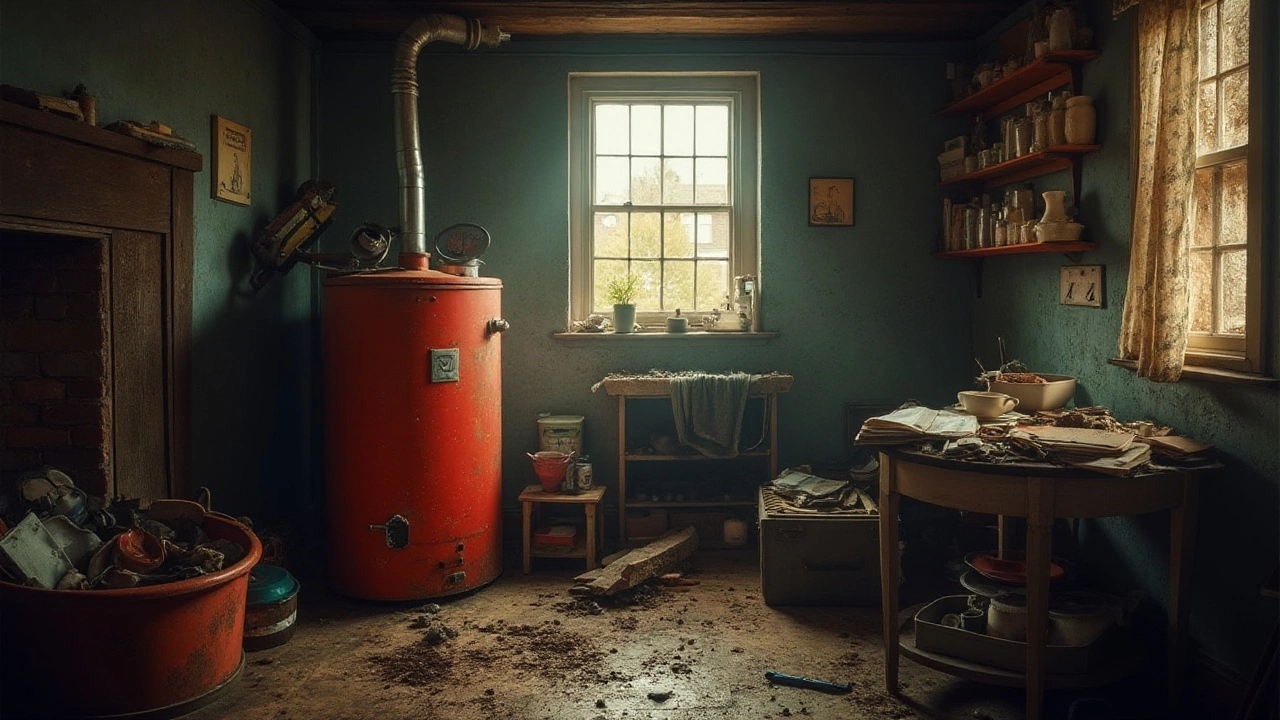
A 40-year-old boiler can pose potential safety risks. Understanding the wear and tear it undergoes over the decades is crucial. Regular maintenance and safety checks are essential to ensure it operates safely. Homeowners should consider the pros and cons of keeping such an old appliance. Discover tips and advice on making informed decisions regarding your boiler's safety and efficiency.

Is fixing a 4-year-old dishwasher actually worth it? Get honest advice, money-saving tips, and clear facts for making the smartest call.

Wondering how long you can cope with a broken boiler? Get clear facts, repair timelines, survival tips, and legal details so you don’t get left in the cold.
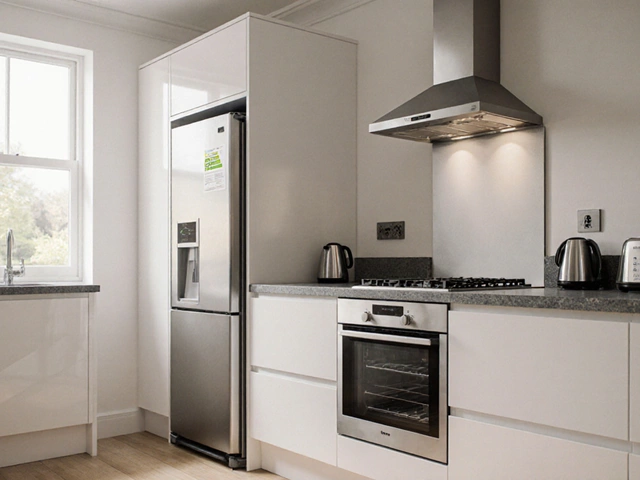
Learn what qualifies as an appliance in UK homes, including major vs. small appliances, what doesn't count, and why the distinction matters for repairs and insurance. Clear, practical guide for homeowners.
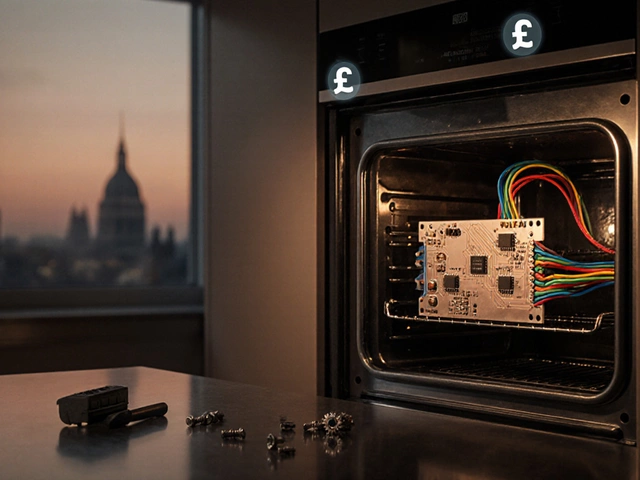
Learn the typical UK price for an oven control board, factors that affect cost, DIY steps, and when to call a professional in 2025.
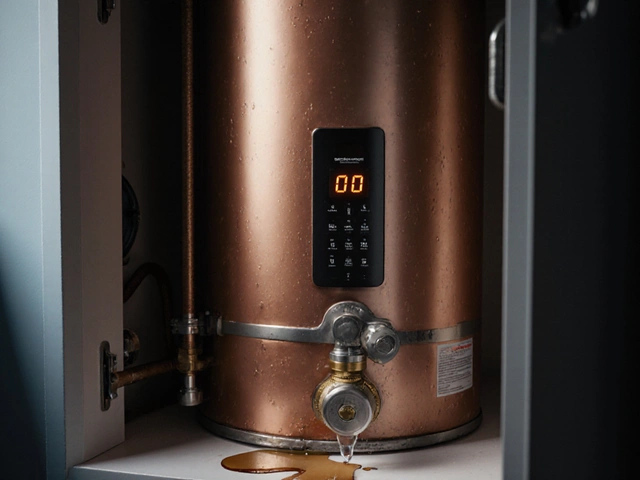
Spot the top warning signs of a failing hot water heater, from strange noises and leaks to temperature swings and error codes, plus practical fixes and when to call a pro.